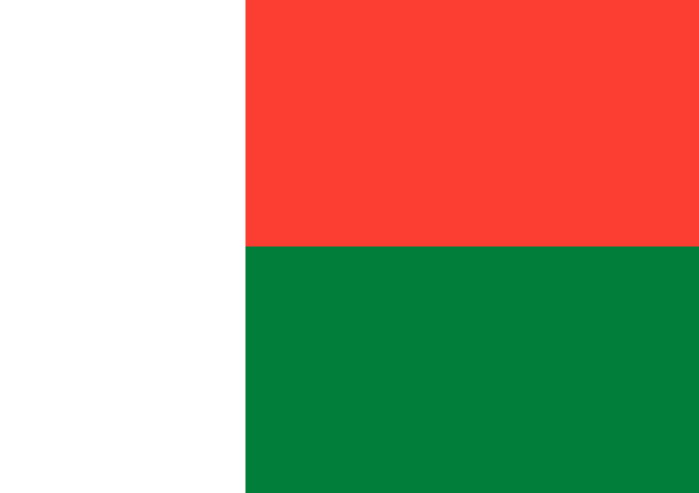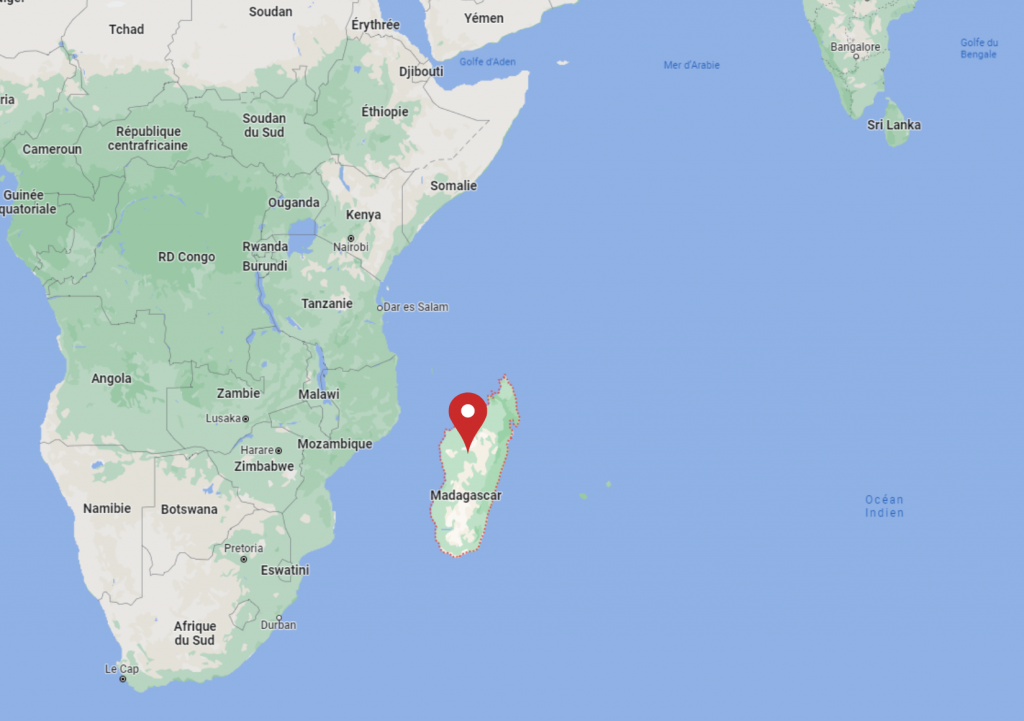Exploration in solidarity lands
(2016)
Madagascar is a big island off the Southeast coast of Africa. It is one of the 5 poorest countries in the world and 75% of its population lives below the poverty level (less than $1.90 per day). Its Human Development Index (HDI), as defined by the UN, places it 164thth out of 189 countries, which highlights significant and persistent shortcomings in schooling and health care. This almost ubiquitous poverty and development backwardness is caused in large part by cyclical political crises linked to corruption, poor governance and disengagement of successive governments.
The frequent natural disasters (cyclones and floods) do not allow the country to develop either. Indeed, agriculture, an activity that is very dependent on climatic hazards, provides a living for four out of five habitants and in particular rice culture, which provides a beautiful landscape. Madagascar also has a large herd of zebus, which not only provides the main meat consumed in the country, but also feeds an important clandestine traffic especially in times of famine.
However, Madagascar has incredible natural resources that could bring important revenues to the country, in particular the production of vanilla, which represents 85% of the world’s production, and the potential of mining resources, notably cobalt and nickel, which is estimated at 800 billion dollars in total. These immense natural resources can also be seen in the diversity of landscapes and the richness of the fauna and flora.
Moreover, Madagascar has 2% of the world’s biodiversity and 85% of endemic species, which are found nowhere else, such as lemurs and certain species of baobabs. This explains why tourism is one of the first economic activities of the country, with around 300,000 people who visit the country every year, but the development of tourism cannot be at its full potential because of its insecurity, corruption and poverty.


Subscribe to the travel newsletter from our collaborative booking platform Vaolo to find out what’s new, follow our explorers and receive tips for more conscious travel.
The use of the masculine gender has been adopted for ease of reading and has no discriminatory intent.
© 2026 All rights reserved. Village Monde.
By continuing to use the site, you agree to our privacy and cookie policy
I accept